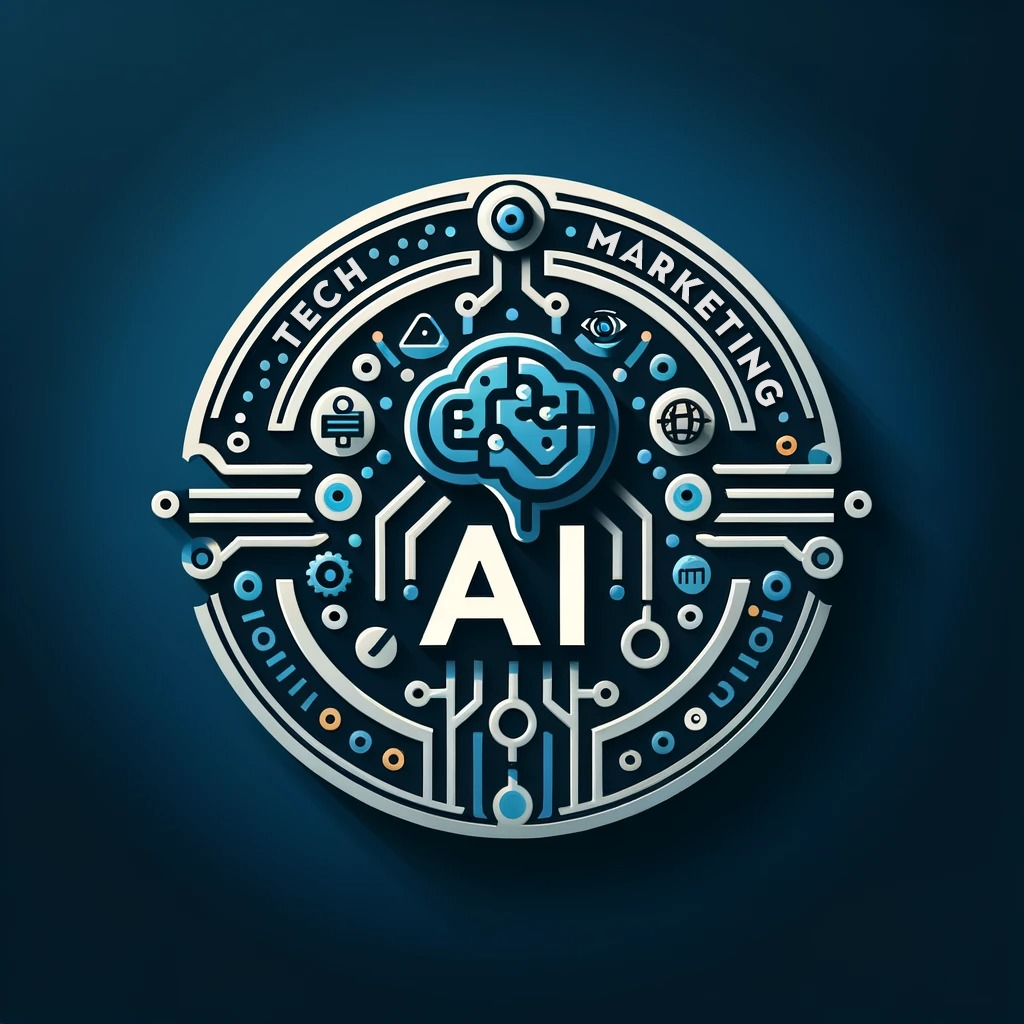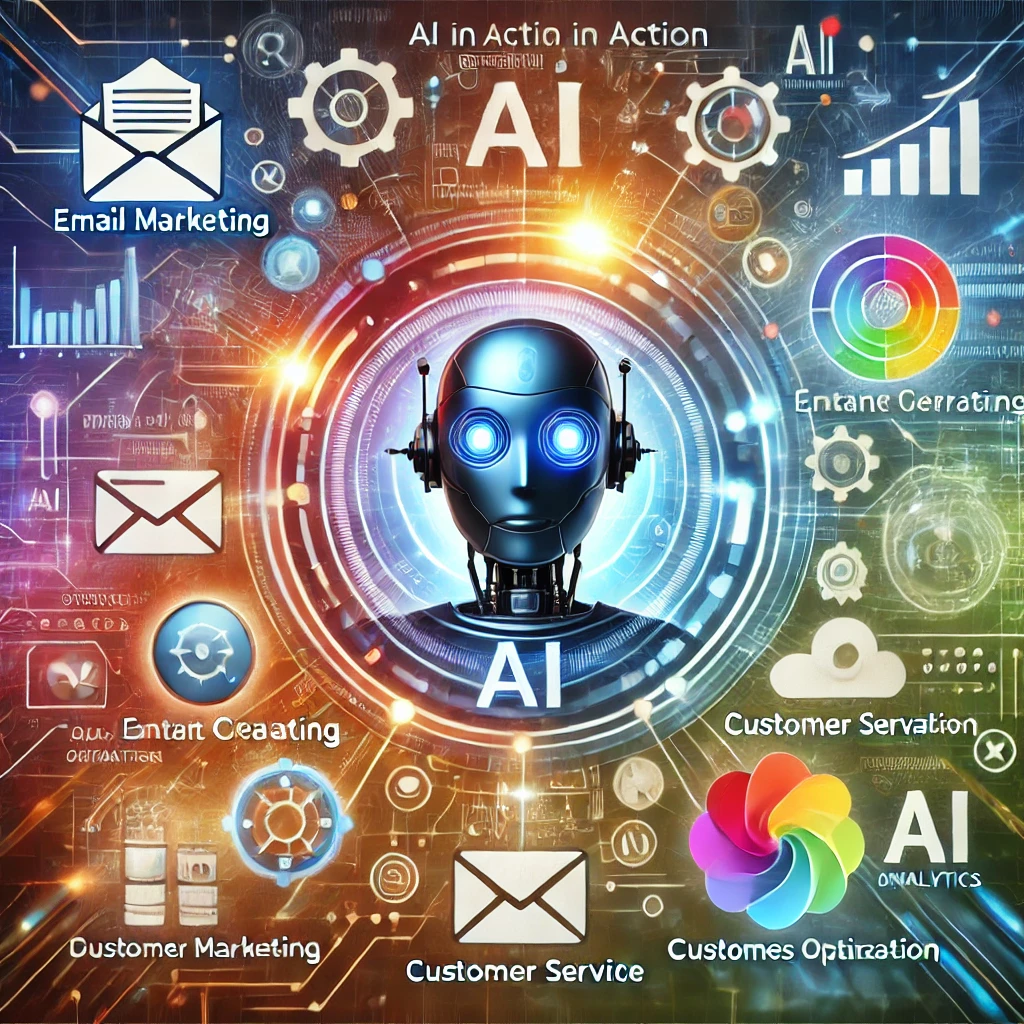In the digital age, artificial intelligence (AI) has become an indispensable tool for businesses striving to streamline operations, engage customers, and enhance productivity. For industries spanning email marketing, content creation, customer service, and beyond, the power of AI can help businesses in the USA, UK, Canada, Australia, and Italy stay competitive and efficient. In this guide, we explore practical ways to harness AI for these purposes and more, ensuring your brand remains at the forefront of innovation.
1. AI in Email Marketing
Email marketing remains a cornerstone of digital strategies, and AI can elevate it to new heights. Here’s how:
Personalization at Scale
AI can analyze customer data to tailor email content that resonates with individual preferences. Personalized subject lines and dynamic content can dramatically improve open rates and conversions.
Optimized Send Times
AI algorithms can determine the optimal times to send emails for maximum engagement, taking into account user behavior and time zones.
Automated Content Suggestions
By analyzing customer behavior, AI can suggest content ideas for newsletters or promotional emails that align with user interests.
A/B Testing
AI simplifies A/B testing by quickly analyzing which email variations perform better and implementing those insights for future campaigns.
Spam Filter Avoidance
Advanced AI tools can ensure your emails comply with spam regulations, improving deliverability rates and reducing bounce rates.
2. AI for Content Creation
Content creation is another domain where AI has proven transformative. For businesses targeting audiences in diverse regions, like the USA, UK, Canada, Australia, and Italy, creating engaging and region-specific content is easier than ever.
Content Ideation
AI tools like ChatGPT can generate topic ideas, headlines, and outlines tailored to your industry and target audience.
Multilingual Content Creation
Businesses targeting multiple countries can use AI to create content in different languages, ensuring cultural and linguistic appropriateness.
Visual Content Generation
AI-powered platforms can create stunning graphics, videos, and animations to complement written content, enhancing user engagement.
SEO Optimization
AI tools can help identify high-performing keywords, optimize meta descriptions, and structure content for better search engine rankings.
Plagiarism Detection
Ensure originality and maintain credibility by using AI-powered plagiarism detection tools before publishing content.
3. AI in Customer Service
Customer service has been revolutionized by AI, enabling businesses to provide faster and more efficient support while reducing operational costs.
Chatbots for 24/7 Support
AI-powered chatbots can handle common customer queries in real time, offering immediate assistance and freeing up human agents for complex issues.
Sentiment Analysis
AI can analyze customer interactions to gauge sentiment, helping businesses address issues proactively and improve satisfaction.
Predictive Assistance
By analyzing user data, AI can predict and resolve potential issues before customers report them, enhancing the overall experience.
Multi-Language Support
AI tools can bridge language barriers, enabling businesses to support customers in their preferred languages seamlessly.
Customer Feedback Analysis
AI can sift through feedback to identify trends and actionable insights, helping businesses adapt their strategies.
4. Expanding Beyond Core Applications
AI’s utility isn’t limited to marketing, content, and customer service. Here are some additional applications:
E-Commerce
AI can recommend products based on browsing history, optimizing upselling and cross-selling opportunities.
Data Analytics
AI tools can analyze vast amounts of data to uncover actionable insights, enabling data-driven decision-making.
Fraud Detection
AI algorithms can detect suspicious activities in real-time, protecting businesses and customers from fraudulent transactions.
Human Resources
AI can streamline recruitment by screening resumes, scheduling interviews, and even predicting candidate success rates.
Operations Management
AI tools can optimize supply chain management, inventory forecasting, and resource allocation, ensuring efficiency.
5. Best Practices for Implementing AI
To fully leverage AI’s potential, follow these best practices:
Invest in Training
Equip your team with the skills needed to use AI tools effectively.
Start Small
Begin with a single application and scale as you gain confidence in AI’s capabilities.
Choose the Right Tools
Research and select AI platforms that align with your specific business needs.
Monitor Performance
Regularly evaluate AI-driven strategies to ensure they meet your goals.
Stay Ethical
Use AI responsibly, respecting customer privacy and adhering to data protection regulations.




